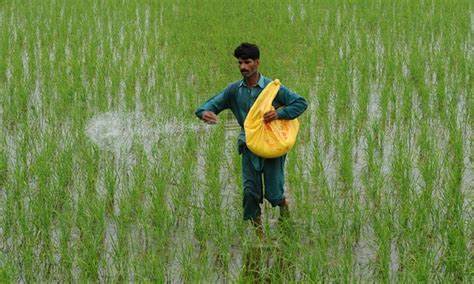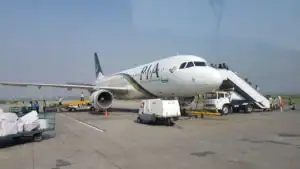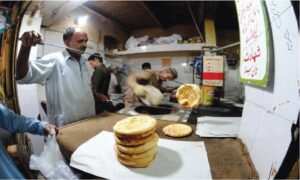Islamabad, Nov 8: Urea Prices Increase Amid Gas Tariff Hike
Urea prices are expected to increase by at least Rs100 per bag as the government prepares for a semi-annual gas tariff adjustment in line with its agreement with the International Monetary Fund (IMF).
This adjustment, scheduled for February 2025, aims to help Sui Southern Gas Company (SSGC) and Sui Northern Gas Pipelines Ltd (SNGPL), Pakistan’s main gas providers, meet their revenue goals.
As outlined in a recent IMF report, the federal government has committed to announcing these updated gas tariffs every six months to ensure adequate funding for the Sui companies.
Urea Prices
To address projected revenue needs, SSGC and SNGPL have formally requested the Oil and Gas Regulatory Authority (OGRA) to approve a gas price increase of up to 50% for the fiscal year 2024-25.
Earlier this year, the caretaker government authorized a 175% gas price increase for fertilizer producers connected to the SNGPL network, causing urea prices to surge by around Rs900 per bag, significantly impacting the agriculture sector.
Tanveer Ahmed, an analyst with Topline Securities, highlighted the likely impact of this upcoming gas tariff adjustment on fertilizer costs.
“Similar to the situation in February, fertilizer companies on the Sui network will face higher gas costs, compelling them to raise urea prices,” Ahmed explained.
He added, “Typically, other fertilizer companies also increase prices, even if their production costs remain unaffected.”
However, industry figures suggest that urea and DAP demand is not expected to change significantly on an annualized basis as, compared to the last quarter, their offtake has shown signs of recovery ahead of the Rabi season.
Based on historical averages, the total urea demand during Rabi 2024-25 is projected around 3.43 million tons, while DAP demand is estimated around 940,000 tons. Sufficient fertilizer stocks are available to meet market demand as all fertilizer manufacturers, including RLNG-based plants on subsidized gas until December 15, are currently operational.









